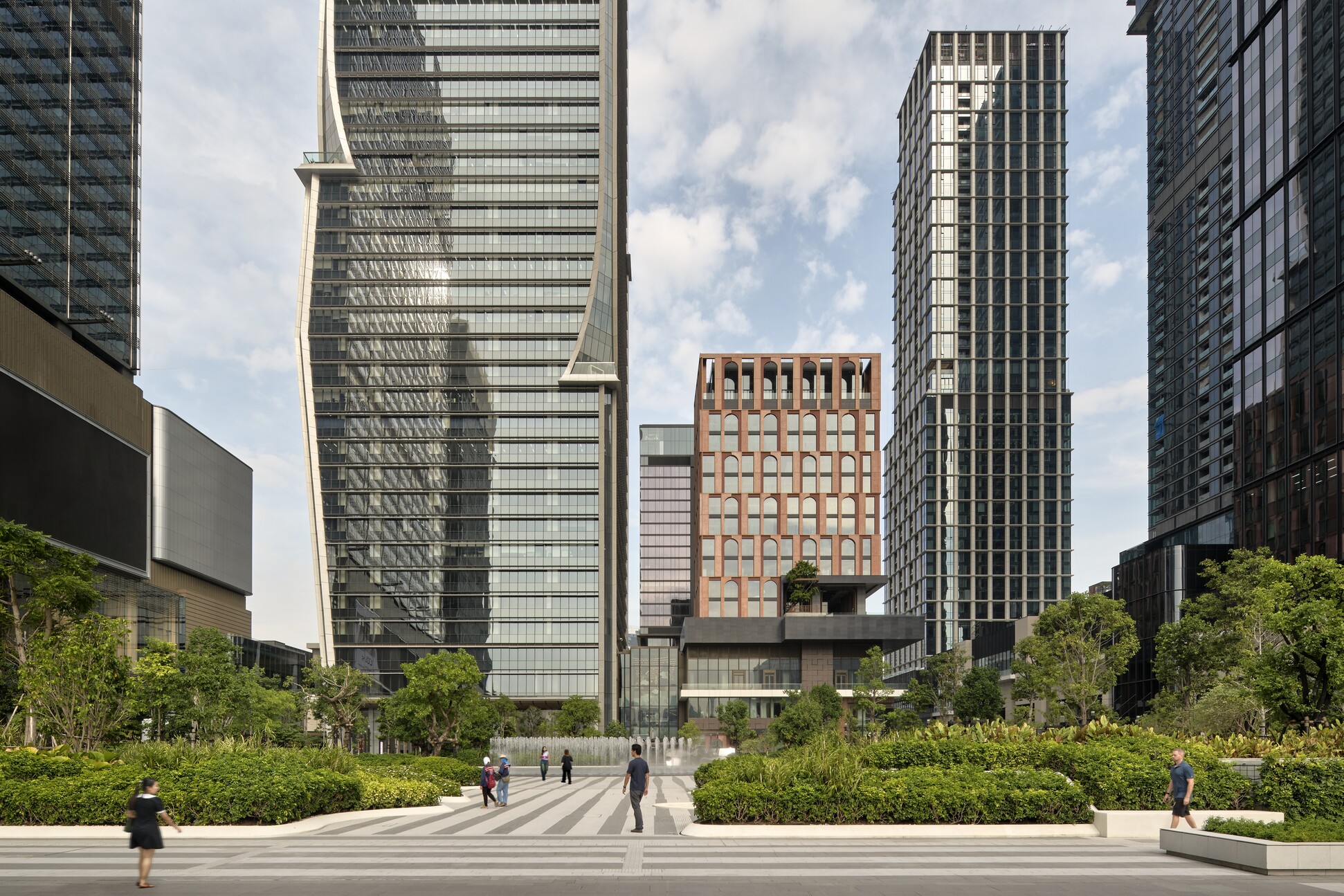Search
Recent Search
Directory Shop

Recent Search
Directory Shop
10 Sep 2025

At One Bangkok, we have recycling bins placed throughout the project to encourage proper waste separation and collection, ensuring recyclable materials can be reused to their fullest potential. We believe that correct waste separation is the first step towards protecting the environment together. We would therefore like to invite everyone to learn more about recyclable waste and how to dispose of it in the right way.
What counts as recyclable waste?
Plastic Waste
Most plastics can be recycled and processed into recycled plastic pellets, which can then be used again.
Examples include:
However, there are some types of plastic that cannot be recycled. If they are dry and not overly contaminated with food or beverages, they can still be incinerated to generate electricity thereby helping to reduce landfill waste, pollution, and microplastic contamination in nature.
Important to know: Plastics that still contain liquids or food residue lower the quality of recycled pellets, complicate the recycling process, and may even be rejected by recycling facilities.
Glass Bottles
Important to know: Recycling glass greatly reduces the destruction of nature. Mining sand from beaches and rivers to use as raw materials will negatively impact the environment such as: damaging the ecosystem, causing shoreline erosion, altering waterways, and destroying aquatic habitats—leading to coastal imbalance and erosion problems.
Additionally, producing glass from raw sand requires extremely high heat (over 1,500°C), which will increase greenhouse gas emissions and worsen global warming.
Cans
There are two main types of recyclable cans: aluminum and steel. Both can be melted down and reused, thereby reducing the need to mine for raw materials.
Important to know: Recycling cans not only conserves energy but also reduces environmental damage.
Paper Waste
All kinds of paper can be recycled into pulp to produce new paper. This process uses less energy and water and produces fewer greenhouse gas emissions compared to producing paper from virgin wood pulp. It also reduces the number of trees that need to be cut down.
Important to know: Contaminated paper (with food, oil, or grease) cannot be recycled. If mixed with clean paper, the whole batch may be ruined and must be discarded as general waste. Oils and grease prevent paper fibers from properly bonding, which makes recycling unsuccessful.
Why Proper Waste Separation Matters
When recyclable waste is separated correctly, resources can be reused more effectively, energy consumption is reduced, greenhouse gas emissions are lowered, and environmental impact is minimized.
At One Bangkok, we invite everyone to join us in proper waste separation, because the small steps we take today are vital towards creating a sustainable future together.
Gallery
Tag
SHARE